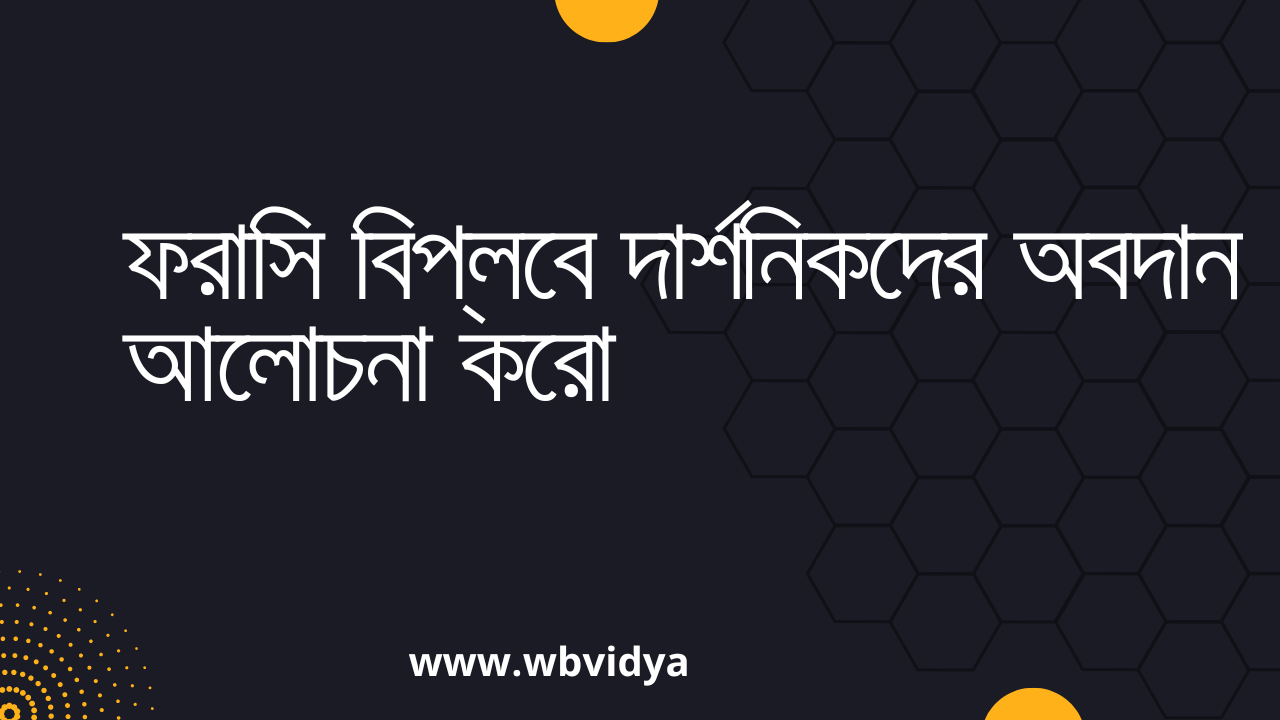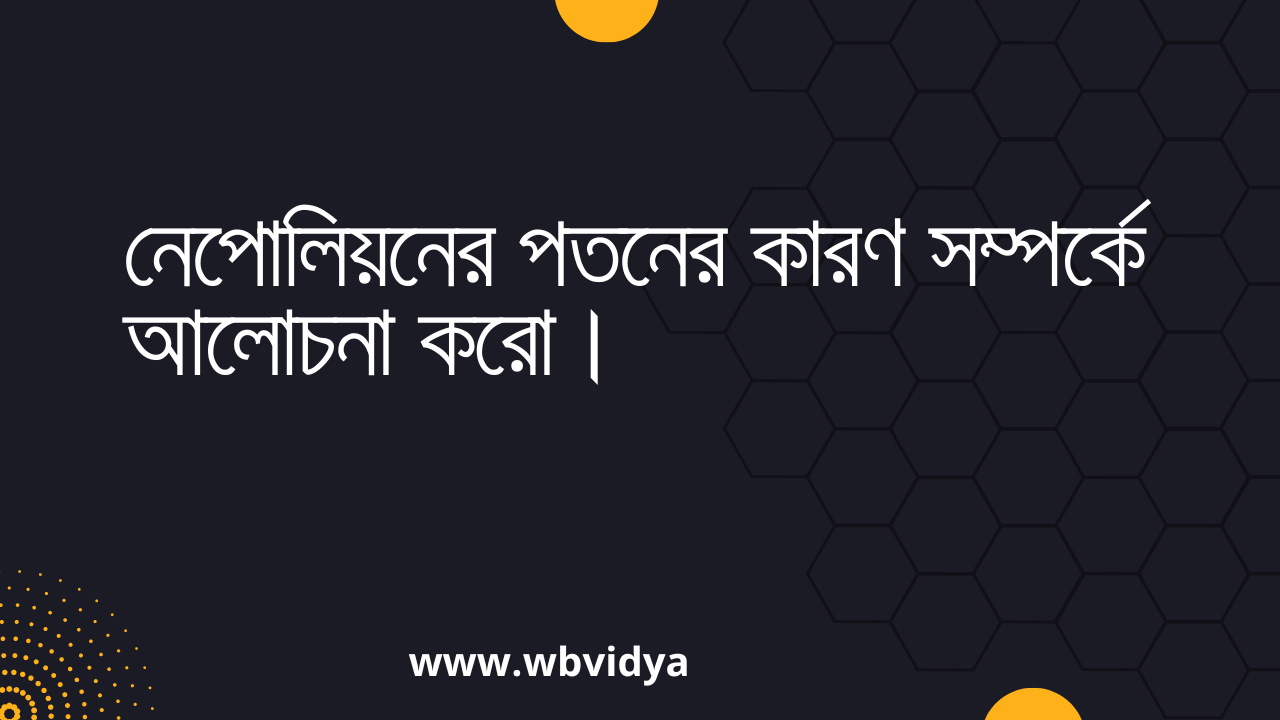Clause কাকে বলে? Clause কত প্রকার ও কি কি?
- Get link
- X
- Other Apps
Clause কাকে বলে?
Clause কয়েকটি শব্দের সমষ্টি যেখানে একটি Subject এবং একটি Verb অবশ্যই থাকতে হবে। Clause ছাড়া কোন বাক্য তৈরী করা সম্ভব হয়না। প্রতিটি বাক্যের মধ্যেই এক বা একাধিক clause বর্তমান থাকে।
A clause is an association of some words that contain both a subject and a predicate. A sentence must contain a clause at least.
উদাহরণ:
He bought a new car. (এখানে একটি sentence এবং একটি clause ব্যবহার করা হয়েছে)
He bought a new car, but he still has the old one. (এখানে একটি sentence এবং দুটি clause ব্যবহার করা হয়েছে).
Clause কত প্রকার ও কি কি?
Clause বা ধারা দুই প্রকার হয়ে থাকে। নিম্নে আলোচনা করা হল:
Independent or Main Clause
Dependent or Subordinate Clause
- Independent or Main Clause:
একটি Independent বা Main Clause একটি পূর্ণ অর্থসহ একটি সম্পূর্ণ বাক্য তৈরী করতে পারে। এটির মধ্যে একটি subject এবং একটি verb অবশ্যই থাকতে হবে এবং Independent বা Main Clause একা একটি বাক্য তৈরী করতে পারে। Main Clause একটি বাক্যের অংশও হতে পারে। দুটি সমান independent clauses-কে যুক্ত করতে Coordinating conjunctions (and, or, but, for, nor, so, yet) এর আগে একটি কমা ব্যবহৃত হয়।
উদাহরন:
We visited New York in October.
He ate a bowl of soup.
We visited New Yoirk in October, and then we visited India in November.
- Dependent or Subordinate Clause:
একটি Dependent/Subordinate Clause কখনো একা থেকে একটি সম্পূর্ণ অর্থ বা বাক্য তৈরী করতে পারেনা। Dependent clause সাধারণত Subordinating Conjunction/Relative Pronoun বা অন্য কোন শব্দ দিয়ে শুরু হয় যা dependent clause টিকে একটি independent clause-এর সাথে যুক্ত করে এবং একটি সম্পূর্ণ অর্থ প্রকাশ করতে সাহায্য করে।
উদাহরন:
I saw a poor man, who was begging.
Her teacher asked many questions, but nobody could answer.
She went to bed after watching the movie.
Subordinate clause এর প্রকারভেদ (Types of subordinate clause)
Subordinate clause একটি বাক্যের মধ্যে একটি adverb, একটি adjective বা একটি noun হিসেবে কাজ করে। subordinate clause কে তাই আবার তিনটি ভাগে ভাগ করা হয়।
Noun Clause
Adjective Clause
Adverb Clause
- Noun Clause:
যে Subordinate clause একটি বাক্যে Noun হিসেবে কাজ করে তাকে Noun Clause বলে। এটি সাধারণত ‘that, whatever, what, whom, who, whoever’ -এর মতো শব্দ দিয়ে শুরু হয়। এটি একটি বিষয় বা বস্তুর জায়গায় একটি Noun হিসাবে কাজ করে।
উদাহরন:
Whatever you read increases your knowledge. (Noun as a subject)
Tell me who left his watch on the field. (Direct object)
- Adjective Clause
যে subordinate clause বাক্যে একটি adjective হিসেবে কাজ করে এবং noun বা pronoun-কে সংশোধন করে তাকে Adjective Clause বলে।
উদাহরন:
He saw a poor boy who was hungry. (Modifies noun: Boy)
I love the people who respect the others. (Modifies noun: people)
- Adverb Clause
যে subordinate clause একটি বাক্যের মধ্যে একটি adverb হিসেবে কাজ করে এবং একটি verb,বা একটি adjective-clause বা অন্য একটি adverb clause-কে সংশোধন করে তাকে Adverb Clause বলে।
এই ধরনের বাক্য তৈরি করতে হলে নিম্নলিখিত conjunctions ব্যবহার করা হয়ে থাকে:
- Time: whenever, when, until, since, as, while, after, before, as soon as, by the time.
- Cause and effect: so, so that, as, because, since, as long as, now that.
- Contrast: though, although, while, even, whereas.
- Condition: whether or not, if, unless, only if, providing or provided that, in case, even if.
উদাহরন:
- The students had gone before the bell rang.
- Knock me when you need help.
- He worked in a jute mill while he was living in Kolkata.
- I live a happy life as long as I think positively.
Clause সম্পর্কে প্রায়শ জিজ্ঞাস্য প্রশ্ন (FAQs)
Clause-এর সাধারণ ধারণা
প্রশ্ন 1: Clause কাকে বলে? উত্তর: Clause হলো বাক্যের একটি অংশ যার মধ্যে অবশ্যই একটি বিষয় (subject) এবং একটি ক্রিয়া (verb) থাকতে হয়। এটি একটি পূর্ণ বাক্যের মতো স্বাধীন হতে পারে আবার অন্য কোন বাক্যাংশের উপর নির্ভরশীলও হতে পারে।
প্রশ্ন 2: Clause কত প্রকারের হয়? উত্তর: মূলত দুই প্রকার: * প্রধান Clause (Independent Clause): স্বাধীন অর্থ প্রকাশ করে। * উপরি Clause (Dependent Clause): প্রধান Clause-এর উপর নির্ভরশীল।
Clause-এর ব্যবহার
প্রশ্ন 3: Clause কিভাবে বাক্য গঠনে ব্যবহৃত হয়? উত্তর: Clause-এর সাহায্যে বাক্যকে জটিল ও বৈচিত্র্যময় করা যায়। প্রধান ও উপরি Clause-এর যুক্ত হয়ে বিভিন্ন ধরনের বাক্য গঠন করা সম্ভব।
প্রশ্ন 4: উপরি Clause কীভাবে চিনবেন? উত্তর: উপরি Clause সাধারণত যৌক্তিক সংযোগ শব্দ (যেমন: যখন, যে, যদি, কারণ, যাতে ইত্যাদি) দিয়ে শুরু হয় এবং পূর্ণ অর্থ প্রকাশ করতে পারে না।
Clause সম্পর্কিত আরও জানতে
প্রশ্ন 5: Clause সম্পর্কে আরও জানতে কোথায় যোগাযোগ করব? উত্তর: আপনি গ্রামার বই, অনলাইন রিসোর্স বা একজন ভাষাবিদকে যোগাযোগ করতে পারেন।
প্রশ্ন 6: Clause শেখার উপকারিতা কি? উত্তর: Clause সম্পর্কে জানা আপনার বাংলা ব্যাকরণের দক্ষতা বৃদ্ধি করবে এবং আপনাকে সঠিক ও সুন্দর ভাষা ব্যবহার করতে সাহায্য করবে।
আপনার আরও কোন প্রশ্ন থাকলে, দয়া করে জানান।

